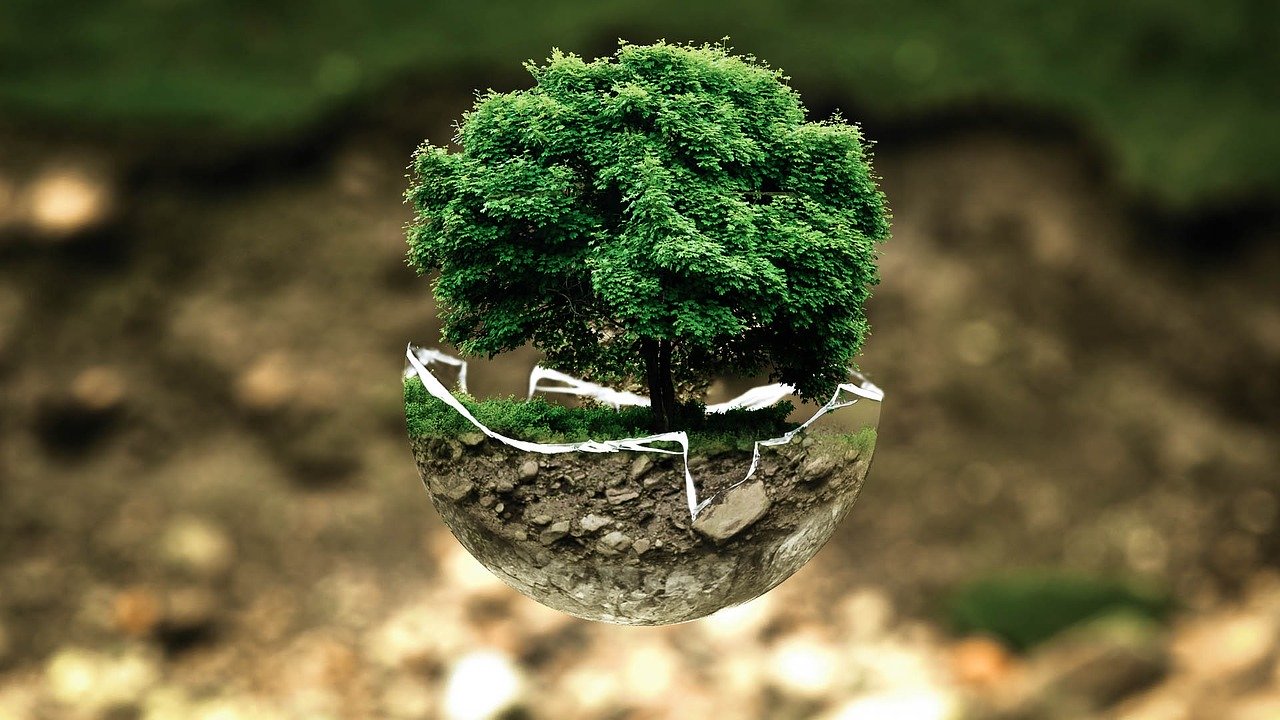
It’s almost 2020! That means it’s the end of the decade. What have we learned in the past ten years when it comes to eco-friendliness, and how can we be more environmentally conscious for the next decade? Let’s take a look!
What we learned: climate change

Climate change has often been the subject for environmentalists, but only recently has it come to the forefront in politics and news. While some people still deny that climate change is real, the reality is that climate change is making our winters and summers longer and more irregular, as well as making the ice caps melt. We’re hoping in the next decade we’ll make real and sustainable changes to curb climate change.
What we can change: purchase second-hand
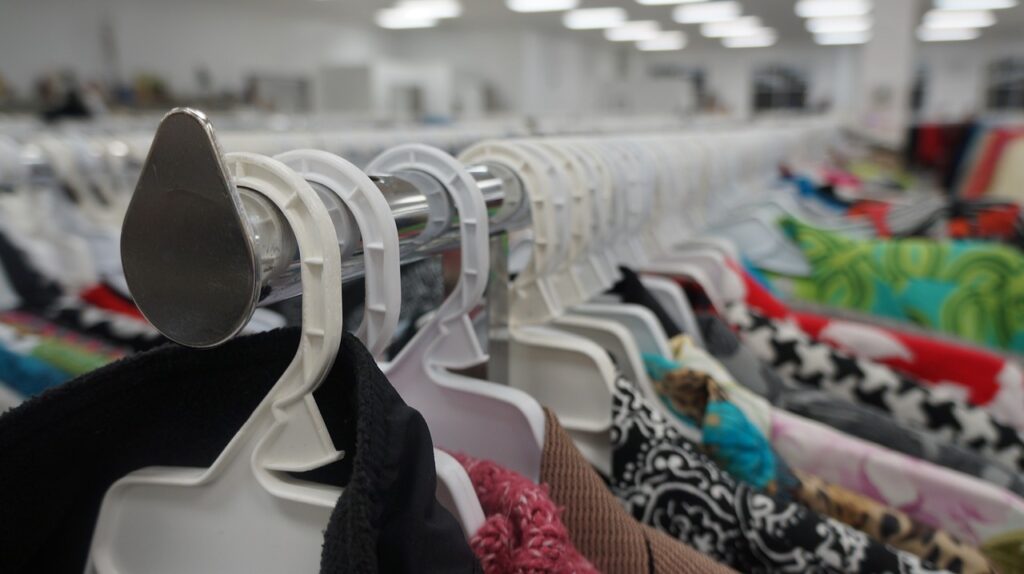
There is something to be said about second-hand goods. Did you know that purchasing second-hand goods can not only keep money in your local community, it can also save the planet from extra CO2, the use of water excess water, and preserve other chemicals as well as resources? Whether you’re purchasing second-hand clothes that can be just as good as brand new clothing, or something else, if you make a plan to purchase more second-hand goods or “thrift store finds”, you may save yourself money and help reduce the carbon footprint on our planet.
What we learned: reliance on fossil fuels is dwindling
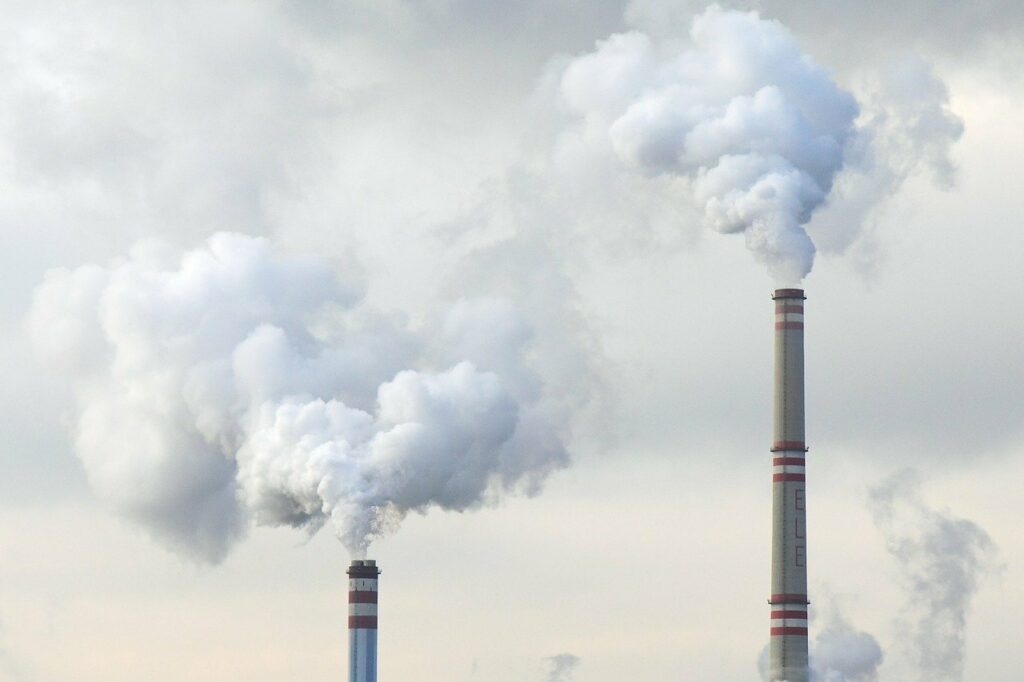
Reliance on fossil fuels, that often don’t burn cleanly, and are hard to replace when completely extinguished, is dwindling. Renewable electricity and energy sources are now surging in reliance, and we hope to see a further shift away from coal and petroleum to solar, wind, water, geothermal, and other renewable fuel sources.
What we can change: repair, not replace
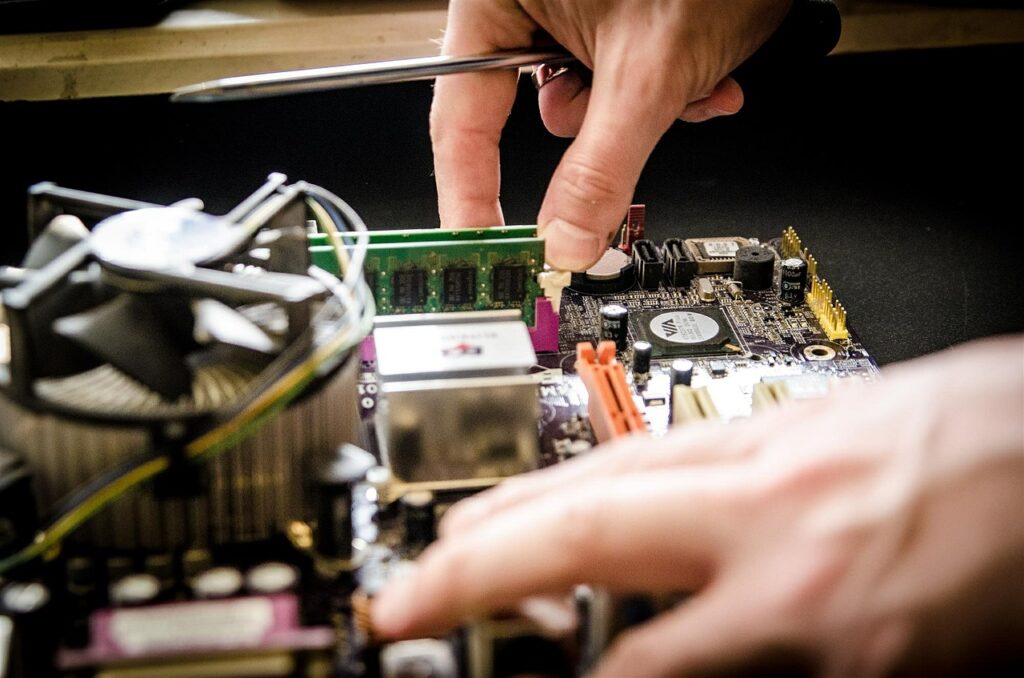
Landfills are overflowing with old tech. Often, we spend thousands of dollars on computers and smartphones that may not last as long as we’d like. Manufacturers like Apple and Samsung bet on us purchasing a new phone every year. Who has the cash for that, and better yet, what kind of damage is that doing to our planet? If the only gripe you have with your phone is that the battery doesn’t last, you may want to consider a much less costly repair than a full on replacement. Many shops and locations are opening up around the US where you can learn to repair your device, or pay someone to repair your device.
What we learned: microplastics and plastic pollution
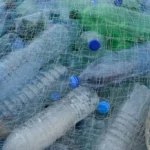
We learned that something happens to our plastics when we use them, and we found that microplastics have been invading water sources, and are nearly impossible to filter out. We also banned the use of microbeads because of these findings, and are working on ways to filter out further microplastics and full plastics.
What we can change: buy in bulk or go package free

With so much single use plastic surrounding us everywhere we go, you may want to make a conscious effort to reduce your consumption of single use items. That can be buying in bulk (rather than smaller, individually wrapped packages), can be reusing plastics that were destined for the trash, or ditching the plastic containers all together. Many retailers are beginning to ban plastic bags, and others are adopting loose goods where customers can fill their own containers with a desired amount of a loose good.
What are your environmental goals for 2020 and on? Let us know in the comments below!


